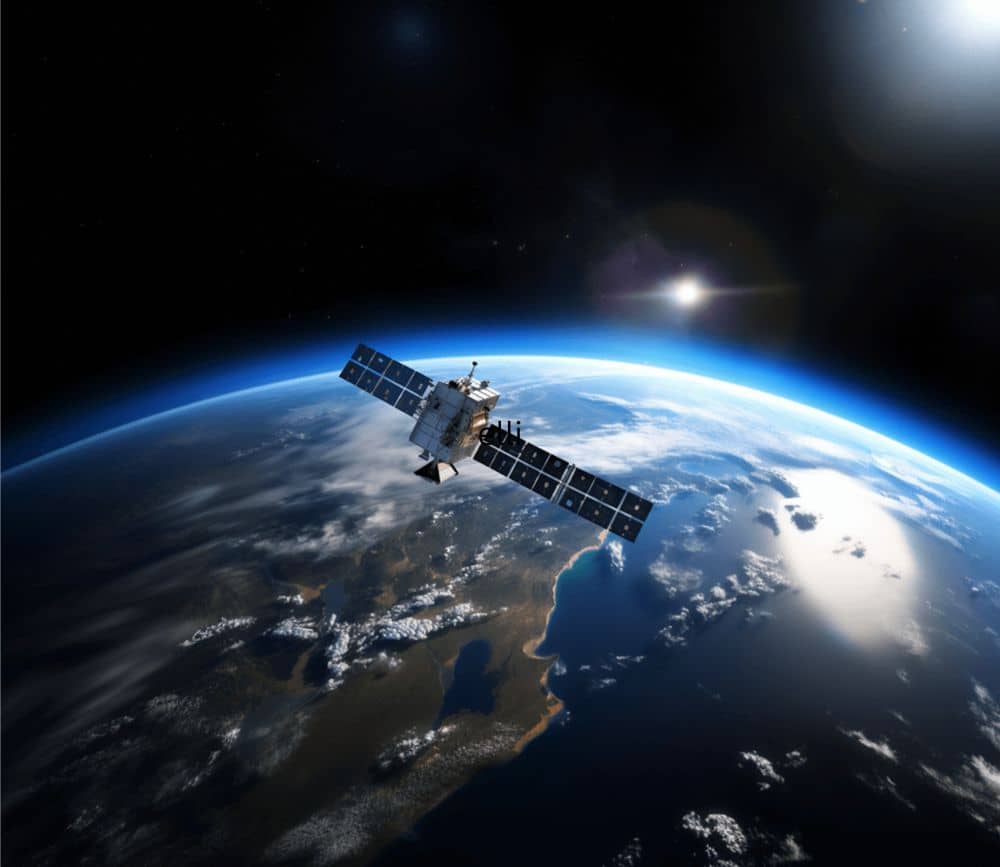
How to Find the Most Recent Satellite Imagery
Introduction to Satellite Imagery
Satellite imagery has become an indispensable tool in many aspects of modern life. With the increasing accuracy and resolution of these images, we can monitor the earth's changes, from weather patterns and climate shifts to urban development and natural disasters. But why does the recency of these images matter?
The Importance of Recent Satellite Imagery
The most recent satellite imagery offers up-to-date information that allows scientists, researchers, and decision-makers to respond to ongoing changes effectively. It's about tracking progress, assessing threats, and forecasting future scenarios.
What are the different Types of Satellite Imagery?
Understanding the different types of satellite imagery will help you appreciate the value each type offers and the role it can play in your search for the most recent data.
Optical Imagery
This is the most common type of satellite imagery, capturing data visible to the human eye. This is what the average phone captures.
Multispectral
Multispectral satellite imagery involves capturing data from various ranges of the electromagnetic spectrum beyond human vision, enabling the identification of unique surface features and materials.
Infrared
Infrared satellite imagery captures the heat radiation emitted by surfaces, revealing temperature variations and helping identify specific thermal characteristics of land, water bodies, and objects not visible in regular photographs.
Radar Imagery
A different breed of satellite imagery that isn't dependent on sunlight or clear skies.
Synthetic Aperture Radar
Synthetic Aperture Radar or SAR uses radio waves to capture images, providing valuable data regardless of weather conditions or time of day.
Where to Find Recent Satellite Imagery?
SkyFi offers a wealth of high-resolution satellite imagery and data, updated regularly to provide the most recent information possible.
How to Use SkyFi?
SkyFi boasts a remarkably intuitive interface, ensuring effortless navigation and swift access to the latest imagery. Begin by launching the SkyFi app and effortlessly explore any desired location through its user-friendly search function.
Using Satellite Imagery in Various Industries
Climate and Weather Monitoring
Recent satellite imagery plays a pivotal role in weather forecasting and climate studies, offering real-time data on storm behavior, disaster response, cloud cover, and other vital factors.
Urban Planning
For urban planners, recent satellite imagery provides a reliable tool for tracking urban growth, infrastructure development, and land use changes.
Agriculture
Farmers and agronomists leverage recent satellite imagery for precision farming, optimizing irrigation, and crop monitoring.
Finding the most recent satellite imagery is not as daunting as it may seem. With platforms like SkyFi, accessing and utilizing this valuable resource has become simpler and more efficient. Whether you're a scientist, a farmer, or a city planner, this guide should help you navigate the world of satellite imagery.
FAQs
Why is recent satellite imagery important?
Recent satellite imagery provides up-to-date data, allowing for real-time monitoring and informed decision-making.
What are the main types of satellite imagery?
The primary types are optical, multispectral, and synthetic aperture radar, each with its unique characteristics and uses.
Where can I find the most recent satellite imagery?
Platforms like SkyFi offer regularly updated satellite imagery.
How do different industries use satellite imagery?
Satellite imagery has diverse applications, from macroeconomic forecasting and climate studies to urban planning and agriculture.
Is accessing recent satellite imagery difficult?
No, platforms like SkyFi make it easy to access and use recent satellite imagery.


